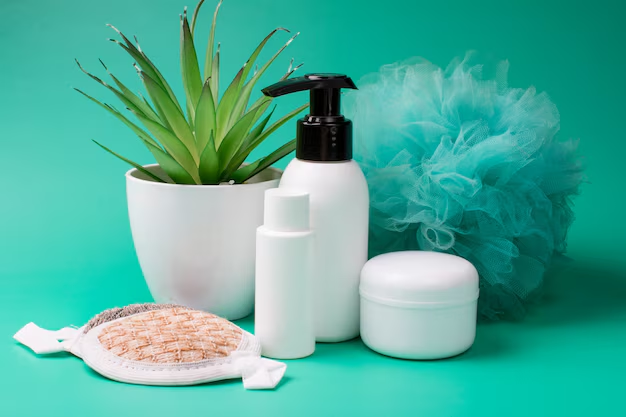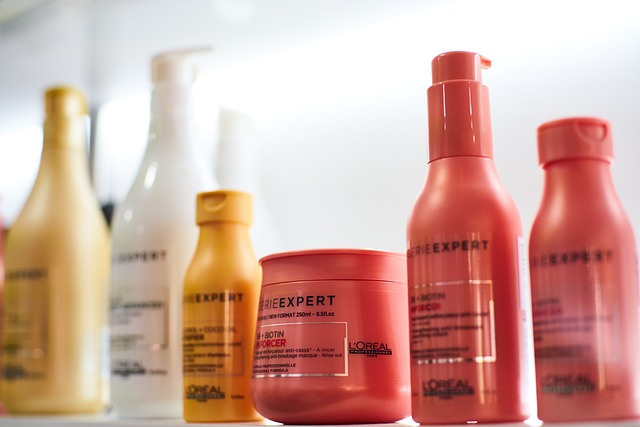
What Are Personal Care Products?
Definition and Categories
Personal care products include items used for hygiene, grooming, and skincare, such as shampoos, lotions, deodorants, and cosmetics. These products enhance daily living and reflect the importance of self-care.
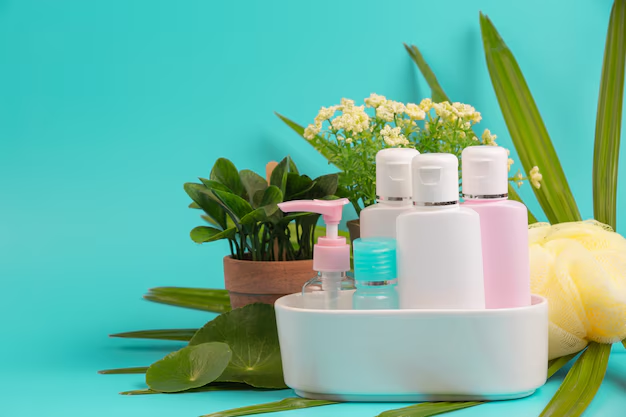
Market Scope and Significance
The personal care market is a multibillion-dollar industry, driven by growing consumer awareness and demand for innovative solutions. According to industry reports, the market is expected to grow annually by over 5%, reaching unprecedented global penetration.
Importance of Personal Care Manufacturing
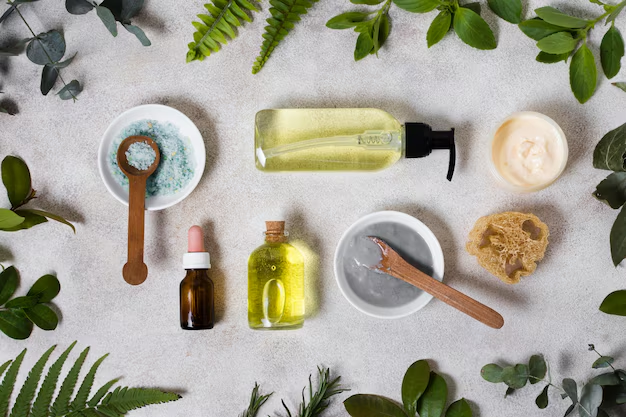
Supporting Consumer Health and Wellness
Personal care products are essential for maintaining hygiene and boosting confidence. Effective manufacturing ensures these items are safe, effective, and aligned with consumer expectations.
Role in the Global Economy
Personal care manufacturing contributes significantly to employment and innovation, fostering growth in related sectors such as packaging, logistics, and retail.
Key Processes in Personal Care Product Manufacturing

Formulation Development
Research and Development (R&D)
Formulation begins with R&D, where scientists test new ingredients and create prototypes to meet specific consumer needs. This stage is crucial for innovation and product differentiation.

Testing Ingredients for Efficacy and Safety
Rigorous testing ensures that products perform as intended without causing harm. Stability testing, skin irritation tests, and clinical trials are part of this phase.
Production and Quality Control
Batch Processing Techniques
Batch processing allows for precise control over ingredient measurements, ensuring consistency in every product manufactured.

Ensuring Consistency and Safety
Quality control measures, including microbial testing and pH analysis, verify that each batch meets strict standards before it reaches consumers.
Emerging Trends in Personal Care Manufacturing
Natural and Organic Products
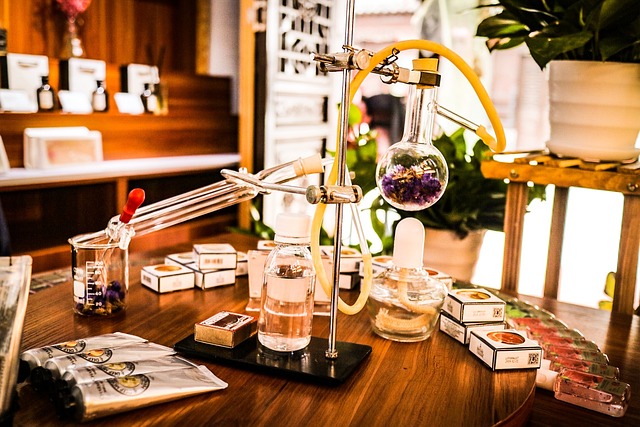
Rise of Plant-Based Ingredients
Consumers are gravitating toward products made with natural ingredients like aloe vera, argan oil, and coconut extracts. These ingredients are valued for their gentle, effective properties.
Consumer Demand for Sustainability
Sustainability is no longer optional. Brands that prioritize eco-friendly sourcing and biodegradable packaging resonate with today’s environmentally conscious consumers.
Tech Integration in Manufacturing
AI in Formulation and Quality Assurance
Artificial intelligence is transforming how formulas are developed and monitored. AI systems analyze ingredient combinations for optimal results while reducing trial-and-error costs.

IoT-Enabled Smart Factories
Internet of Things (IoT) technology enhances manufacturing efficiency, enabling real-time monitoring of equipment, processes, and product quality.
Conclusion
Personal care product manufacturing is an intricate process that combines innovation, regulation, and sustainability to meet evolving consumer needs. From natural ingredient trends to advanced technology integration, the industry is constantly adapting to offer safe, effective, and eco-friendly products. Whether you’re starting a business or exploring market trends, understanding the nuances of manufacturing is key to success in this dynamic field.

FAQs
1. What are GMP standards in personal care manufacturing?
GMP (Good Manufacturing Practices) standards ensure products are consistently produced and controlled according to quality standards, emphasizing safety and efficacy.
2. Are natural ingredients better for personal care products?
Natural ingredients are often gentler on the skin and environmentally friendly, but efficacy depends on formulation and usage.
3. How can a manufacturer reduce production costs?
Manufacturers can optimize costs by sourcing local raw materials, adopting energy-efficient production techniques, and minimizing waste.
4. What certifications are essential for personal care products?
Certifications like FDA approval, EU Cosmetic Regulation compliance, and organic certifications (e.g., COSMOS) are crucial for market credibility.
5. Is sustainability achievable in personal care manufacturing?
Yes, through eco-friendly practices such as using renewable energy, sustainable sourcing, and innovative packaging solutions.
